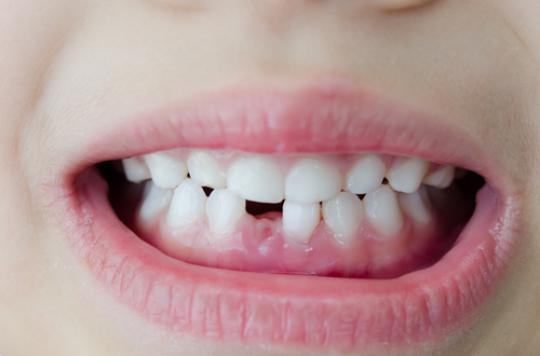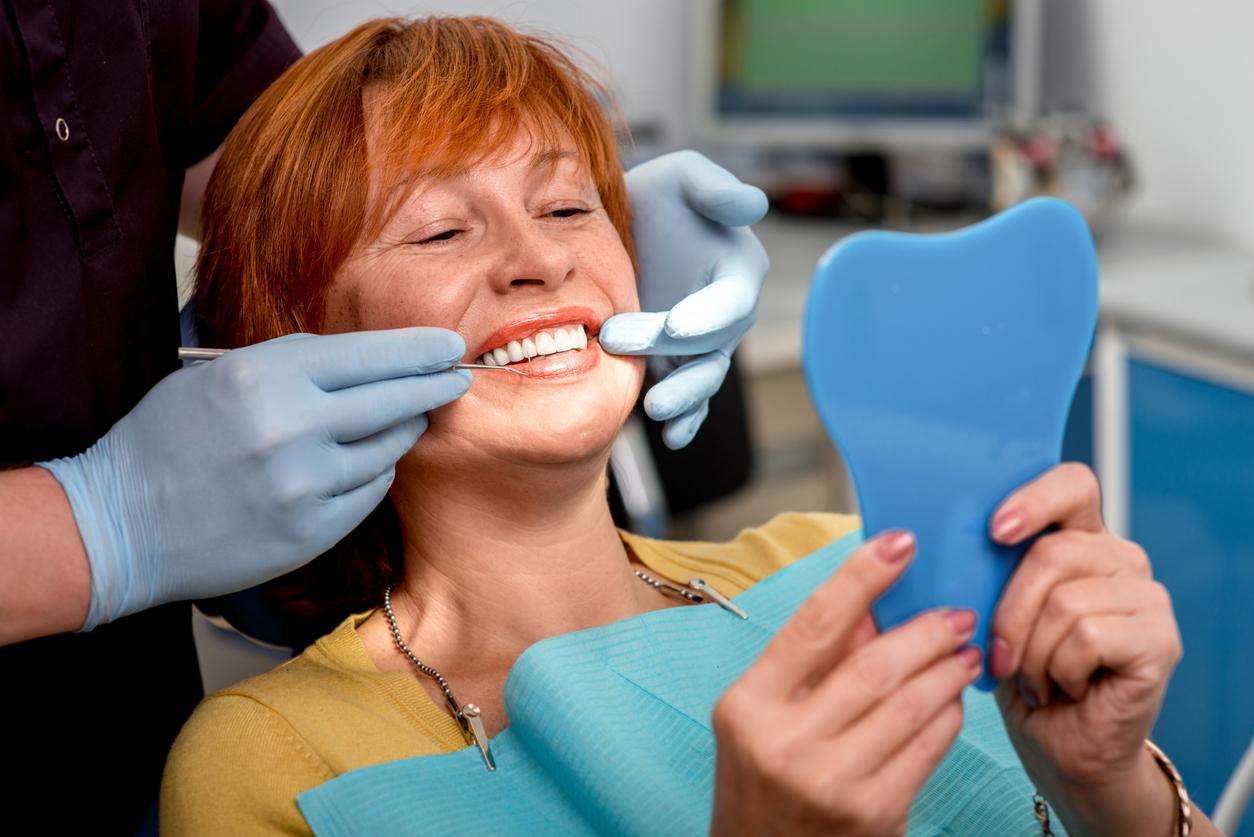Extreme sports can lead to heavy damage to the teeth. The French Federation of Orthodontics recommends wearing mouthguards to prevent trauma.

Practicing an extreme sporting activity, even traumatic, such as boxing or rugby, can have serious consequences on teething. The French Federation of Orthodontics (FFO) warns about the risks involved and how to protect the teeth of young children.
Children aged 1 to 3 are particularly affected by blows to the teeth because of their lack of coordination and protective reflexes. But it is especially between the ages of 12 and 18 that shocks can be truly traumatic when adolescents play team and contact sports.
Most often, dental injuries involve those with front teeth. Indeed, when the incisors are too advanced, they are no longer protected by the lips and absorb shocks without protection.
The recommended mouthguard
According to Dr Jean-Baptiste Kerbrat, stomatologist at the Pitié-Salpêtrière hospital, “trauma to the face can range from a simple hematoma to lesions of the soft parts (such as the lips or the tongue), up to more serious dental trauma, such as tooth expulsion or bone fractures ”. This is why the FFO recommends wearing a thermo-moldable mouthguard, in order to avoid the thousands of accidents and traumas to the face that orthodontists witness each year. It is useful in preventing dental cracks and fractures and also protects the gums and soft tissues in the mouth. Mouth guards are available at any sports store.
Braces are not an obstacle
The practice of a sport involving impacts with a dental appliance is however authorized. During an impact, the force is distributed over the entire device and at the same time, over all the teeth. According to specialists, it would protect even more. But beware, Dr Jean-Baptiste Kerbrat also insists on wearing a mouthguard essential to the protection of orthodontic treatment.
Consequences not always visible
In case of trauma, getting to your dentist quickly is the best thing to do. Whether the tooth is broken or not, it is an emergency because reactions to shock are not always visible and are not necessarily immediate. A blow to a tooth can have serious consequences years later, the stall is one of them.
.

















